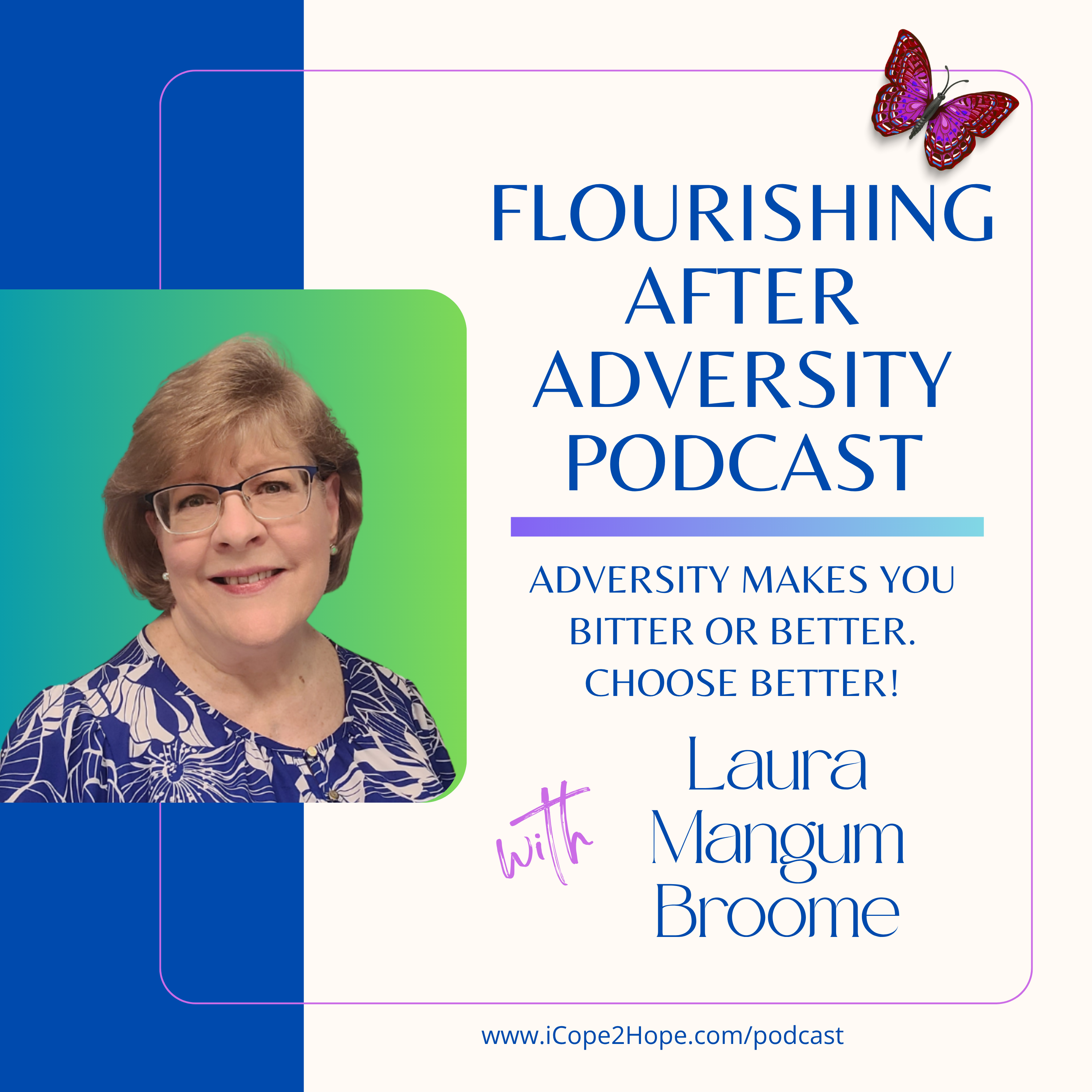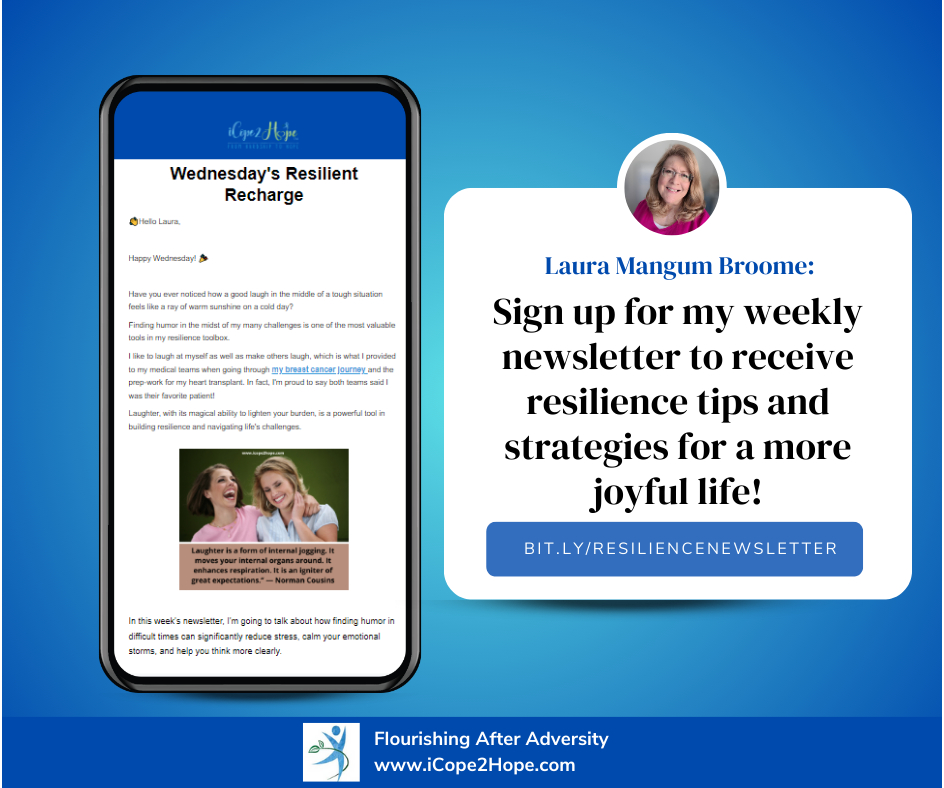How to Cope with the Pain of Losing a Child Through Suicide

A Mother's Journey Through Loss
In 2016, I lost my 19-year-old son, Grigory, to suicide. Grigory came into our lives through adoption, after my multiple miscarriages, and he brought our family the sense of completion we longed for. The bond we shared was deep, and his loss felt like an unbearable void in my heart—a pain that words cannot fully express. I struggled with deep grief, anger, confusion, and guilt, questioning what I could have done differently to prevent this tragedy.
In the depths of my despair, I realized that I had a choice: to let my grief consume me or to find a way to transform my pain into purpose. I chose the latter.
Through my journey, I discovered the concept of constructive grieving—a way to navigate the pain by accepting what cannot be changed, honoring my son’s memory, and finding new meaning in life. In this article, I will share practical steps and strategies that have helped me and can help others cope with the devastating loss of a child to suicide.
Understanding Your Grief: A Unique Journey
Grieving the loss of a child to suicide is unlike any other experience. It is not just the loss of a loved one but also the loss of hopes, dreams, and future plans. Grief after suicide often involves complex emotions such as guilt, shame, and anger, in addition to intense sadness. It is essential to understand that:
- Grief is Personal and Unique: Your grief will not look the same as anyone else's. Some days may feel manageable, while others may feel impossible.
- The Stages of Grief: Familiarize yourself with the five stages of grief—denial, anger, bargaining, depression, and acceptance. Remember, these stages are not linear; you may experience them in different orders or multiple times.
- Complicated Grief: If your grief feels unmanageable or you find yourself stuck in intense emotions for an extended period, consider reaching out for professional support. It’s okay to seek help when you need it.
Embracing Constructive Grieving
Constructive grieving means acknowledging your pain, allowing yourself to feel it, and then finding ways to cope that help you move forward. It does not mean "getting over" the loss but finding a way to live with it.
Practical Steps for Constructive Grieving
- Accept What Cannot Be Changed: The first step is radical acceptance—acknowledging that the loss has happened and cannot be undone. Acceptance does not mean agreeing with or liking the situation, but it involves recognizing it as a reality.
- Honor Your Child's Memory: Find ways to celebrate and honor your child’s life. Whether it’s creating a memorial, writing about them, or dedicating time to activities they loved, these acts can help keep their memory alive and provide comfort.
- Find New Purpose and Meaning: Transforming your pain into purpose can bring a sense of healing. Consider activities like volunteering, advocating for suicide prevention, or creating something in your child’s name. These steps can help you find new meaning and contribute positively to the community.
Practical Coping Strategies
1. Radical Acceptance
Accepting your new reality is one of the hardest but most crucial steps. You don’t have to like it or approve of it, but acknowledging that it exists is necessary to move forward. This process may involve repeating affirmations, such as:
- "I accept that I cannot change the past."
- "I will honor my child's memory by choosing to live fully."
2. Daily Self-Care
Grief can drain your energy and willpower, making even small tasks feel insurmountable. However, self-care is essential for maintaining physical and emotional health:
- Basic Routine: Try to establish a simple daily routine that includes sleep, balanced meals, hydration, and gentle exercise.
- Mindful Practices: Incorporate mindfulness or meditation exercises to help manage overwhelming emotions. Consider deep breathing exercises, journaling, or guided meditations.
3. Mindfulness and Grounding Techniques
Mindfulness can help keep you present and manage emotional overwhelm:
- Deep Breathing: Practice inhaling deeply for four counts, holding for four, and exhaling for four. Repeat this several times to help calm your mind.
- Grounding Exercises: Engage your senses—notice five things you can see, four things you can touch, three things you can hear, two things you can smell, and one thing you can taste. These exercises can help bring you back to the present moment.
Building a Support Network
1. Find Your Support Circle
Identify supportive friends, family members, or spiritual leaders who can offer comfort. Be honest about what you need, whether it’s a listening ear, help with daily tasks, or simply someone to sit with you in silence.
2. Join Grief Support Groups
Consider joining support groups specifically for parents who have lost a child to suicide. Connecting with others who have experienced a similar loss can provide validation and understanding.
3. Recognize When to Seek Help
If you feel stuck or find that your grief is severely affecting your daily life, it may be time to seek professional help. Remember that asking for help is a sign of strength.
Honoring Your Child’s Memory
Finding meaningful ways to remember your child can be a crucial part of your healing journey:
- Creating Memorials: Consider making a special place in your home, planting a tree, or creating a photo album or scrapbook dedicated to your child.
- Celebrating Their Life: Celebrate their life by sharing positive stories, holding remembrance gatherings, or engaging in activities they loved.
- Turning Grief into Advocacy: Use your experience to help others by becoming involved in suicide prevention efforts, mental health advocacy, or supporting other grieving parents.
Long-Term Healing Strategies
1. Set Realistic Goals
Grief is a long journey; setting small, manageable goals can help create a sense of accomplishment. This might include reestablishing a daily routine, engaging in a hobby, or committing to small acts of self-care.
2. Embrace New Routines
Consider establishing new routines that bring comfort, such as regular walks, yoga, or meditation. These activities can serve as anchors, providing structure amidst the chaos.
3. Rediscover Joy
Allow yourself moments of joy, even amid your grief. Finding joy does not mean you have forgotten your child; it means you are choosing to live and honor their memory through living fully.
Dealing with Special Occasions and Anniversaries
Special dates, like birthdays or anniversaries, can be particularly challenging:
- Prepare for Milestones: Plan how you want to spend these days. Whether marking the day with a specific activity or spending it in quiet reflection, choose what feels right for you.
- Create New Traditions: Establish new traditions that both honor your child and support your healing process, such as hosting an annual fundraiser or creating a new family ritual.
Conclusion: Moving Forward with Hope
Grieving the loss of a child to suicide is an emotional and painful journey, but there is hope for healing. By practicing constructive grieving—accepting what cannot be changed, honoring your child's memory, and finding new meaning—you can learn to live with your grief and even find moments of joy again.
Remember, you are not alone, and there are resources and support networks to help you through this journey. Take one small step today, whether it’s reaching out for help, writing in a journal, or simply breathing deeply. Healing is possible.
If you would like to discuss constructive grieving in more detail, please schedule a free 15-minute call with me. Click here.
Additional Resources
Books on Grief and Healing
-
"Option B: Facing Adversity, Building Resilience, and Finding Joy" by Sheryl Sandberg and Adam Grant
Focuses on building resilience and finding joy after loss, providing practical advice and personal stories. -
"Healing After Loss: Daily Meditations For Working Through Grief" by Martha Whitmore Hickman
Offers daily reflections and meditations to help guide you through the grieving process. -
"The Grief Recovery Handbook: The Action Program for Moving Beyond Death, Divorce, and Other Losses" by John W. James and Russell Friedman
A practical guide with actionable steps for moving through grief and recovering from various types of loss. -
"It’s OK That You’re Not OK: Meeting Grief and Loss in a Culture That Doesn’t Understand" by Megan Devine
Provides a compassionate approach to grief, validating feelings, and offering practical coping strategies. -
"Bearing the Unbearable: Love, Loss, and the Heartbreaking Path of Grief" by Joanne Cacciatore
A profound and moving guide to navigating grief with honesty, love, and courage.
Websites for Grief Support
-
Grief.com
Created by David Kessler, this site offers numerous resources, articles, and support for those dealing with grief, including information on grief recovery methods and online support groups. -
The Compassionate Friends
A website dedicated to supporting families after the loss of a child, offering resources, local chapter information, and online support groups. -
Modern Loss
A website that provides a platform for sharing personal stories about loss, grief, and healing, with articles, essays, and resources for those experiencing grief. -
What's Your Grief
Provides grief education, practical strategies, resources, and a supportive online community for anyone coping with loss. -
GriefShare
A network of local support groups offering a faith-based approach to grieving, with group meetings, resources, and daily email encouragement.
Podcasts on Grief and Healing
-
"Grief Out Loud" by The Dougy Center
Focuses on conversations about grief, coping, and finding hope, featuring personal stories, expert insights, and resources. -
"Terrible, Thanks for Asking" by Nora McInerny
Offers honest conversations about difficult times, including loss and grief, encouraging listeners to embrace their feelings and heal at their own pace. -
"Good Grief" by Alysia Reiner
Explores personal stories of loss and healing with various guests, offering a unique perspective on grief and resilience. -
"Griefcast" by Cariad Lloyd
A podcast featuring comedians and performers discussing their experiences with loss and grief in a candid, heartfelt, and often humorous way. -
"The Widowed Parent Podcast" by Jenny Lisk
Focuses on supporting parents who are navigating grief after the loss of a partner, offering practical advice and emotional support.
Hotlines and Support Services
-
National Suicide Prevention Lifeline (USA):
Call 988 or visit 988lifeline.org
Provides free and confidential support for people in distress, prevention and crisis resources, and information for loved ones. -
Crisis Text Line (USA):
Text HELLO to 741741
A free, confidential, 24/7 text messaging support service for people in crisis. -
Grief Recovery Method Specialists (International):
Visit griefrecoverymethod.com
Provides certified grief recovery specialists and resources to help individuals work through grief. -
The Dougy Center for Grieving Children & Families (USA):
Visit dougy.org
Offers resources and support for children, teens, and families grieving the death of a loved one.
Grab Your Free Guide!
The Reframe the Spiral: 5 Coping Strategies to Shift Negative Thoughts & Reclaim Your Day workbook walks you step-by-step through 5 proven mindset strategies to help you stop negative thoughts in their tracks and reconnect to your strength. You'll learn how to:
- Stop letting your inner critic lead your day
- Discover clarity despite chaos
- Calm intense emotions
- Rebuild your self-trust and confidence
- Create a plan for real possibility
Stay connected with news and updates!
Join our mailing list to receive the latest tips and proven coping strategies to strengthen your resilience. You CAN turn obstacles into opportunities and flourish in life.
We hate SPAM. We will never sell your information, for any reason.



